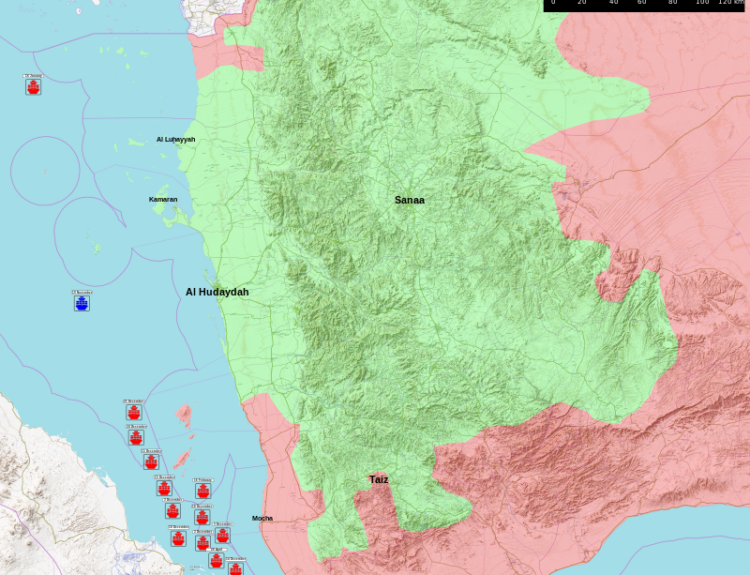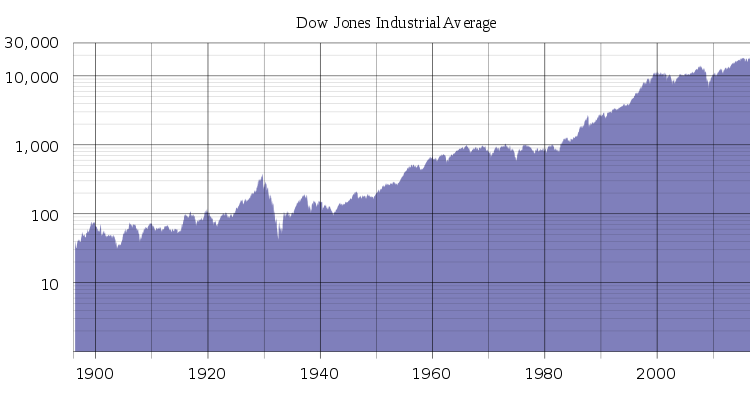Researchers discover a way to curve terahertz signals, paving the way for ultrafast 6G
- Scientists have developed a way to curve data-carrying terahertz signals for ultrafast 6G wireless networks
- 6G is expected to operate in sub-terahertz bands, which are more prone to signal blockage
- Researchers have created the world’s first curved data link, allowing signals to bend around obstacles
- By manipulating the strength, intensity, and timing of signals, researchers created a signal that remains intact even if partially blocked
- 6G networks could deliver data transfer speeds of one terabit per second, nearly 5,000 times faster than average 5G speeds
Scientists have made a breakthrough in the development of 6G wireless networks by curving data-carrying terahertz signals. Unlike 5G, which operates in lower frequency bands, 6G is expected to operate in sub-terahertz bands that are more prone to signal blockage. In a recent study, researchers created the world’s first curved data link, allowing signals to bend around obstacles such as buildings. By manipulating the strength, intensity, and timing of the signals, they were able to create a signal that remains intact even if partially blocked. This development could pave the way for 6G networks with data transfer speeds of one terabit per second, nearly 5,000 times faster than average 5G speeds.
Factuality Level: 8
Factuality Justification: The article provides detailed information about a new study published in a reputable journal, explaining how researchers developed a transmitter to support future 6G signals by curving high-frequency signals around obstacles. The information is based on scientific research and quotes from experts in the field, making the article highly factual.
Noise Level: 3
Noise Justification: The article provides a detailed and informative explanation of the potential future of cellular data transfer with 6G networks. It includes scientific information, quotes from experts, and examples to support the claims made. The article stays on topic and does not dive into unrelated territories. However, there are some repetitive information and unnecessary details that could be condensed to reduce noise.
Financial Relevance: No
Financial Markets Impacted: No
Presence Of Extreme Event: No
Nature Of Extreme Event: No
Impact Rating Of The Extreme Event: No
Rating Justification:
Public Companies: Rice University (-), Brown’s School of Engineering (-)
Private Companies: GSMA,SpaceX,Nokia
Key People: Edward Knightly (co-author of the study and professor of electrical and computer engineering at Rice University), Daniel Mittleman (professor at Brown’s School of Engineering)
Reported publicly:
 www.space.com
www.space.com 





